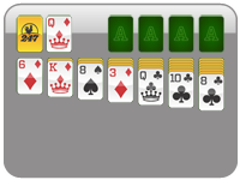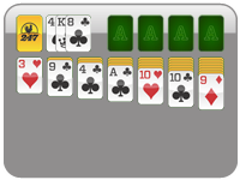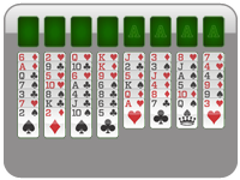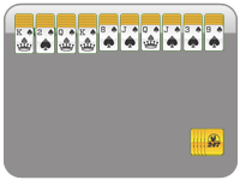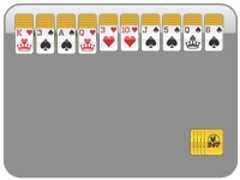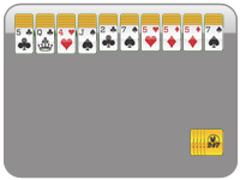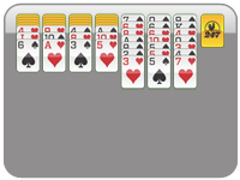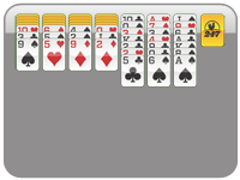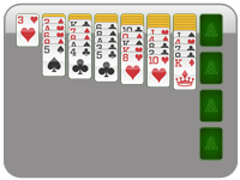How to Win in Mahjong: 8 Strategies
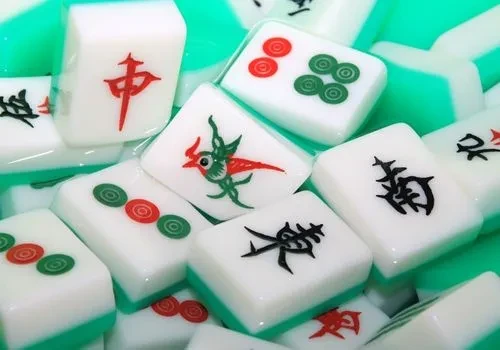
Mahjong is a mix of skill, strategy, and a little luck, and that's what makes it so addictive. Winning takes more than memorizing rules; it's about seeing patterns, reading the table, and making smart calls under pressure. Whether you're brand new or leveling up, the right habits will boost your win rate quickly.
This guide breaks down the basics, adds practical tactics you can use tonight, and then pushes into advanced moves once you're ready. Take a breath, shuffle the tiles, and let's turn "almost" into "Mahjong!"
Understanding the Basics of Mahjong
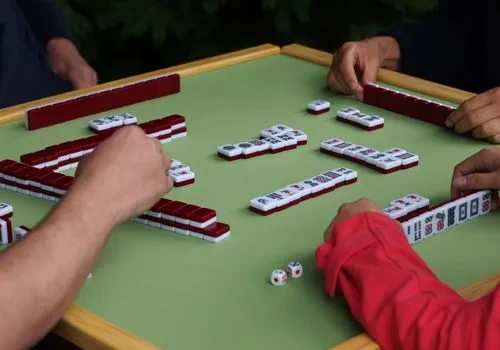
To win, you need the fundamentals: what the tiles are, how hands come together, and what the flow of a round looks like. Think of the basics as your toolkit; you'll build every strategy on top of them. Focus first on tile types, simple set building, and watching discards. That foundation makes the rest far easier.
- Standard sets often use 136 tiles (without Flowers/Seasons).
- Three suits: Characters, Circles (Dots), Bamboo (1–9, four of each).
- Honor tiles: Winds (E/S/W/N) and Dragons (Red/Green/White).
- Hands are built from melds (sets) plus a pair.
What Is Mahjong?
Mahjong is a tile game from China with a fun blend of tactics and probability. Unlike card games, you touch and stack tiles, call melds, and reveal sets—there's a satisfying rhythm to it. You win by completing a specific hand shape before anyone else, usually four sets and a pair.
- Tiles are drawn and discarded in turn until someone wins.
- You can call certain discards to complete a set (rules vary by style).
- The table's pace and information come from open melds and discards.
The Objective of the Game
Your goal is simple: finish a legal winning hand first. The trick is balancing speed (finish now) with value (score higher). Good players shift between offense and defense based on what tiles show up, what others reveal, and how late the round is.
- Most wins are four melds + 1 pair (14 tiles when declared).
- Some variants require a minimum points/patterns to win.
- Winning on self-draw vs discard often changes payments.
Common Terms and Tiles
Knowing the names speeds up decisions and table talk. Learn suits, honors, and the basic set types so you can spot chances the second they appear. A little vocabulary goes a long way.
- Melds: Pong/Pung (three of a kind), Kong (four of a kind), Chow (suited run; not in all variants), Pair (two of a kind).
- Honors: Winds and Dragons; Bonus tiles vary by ruleset.
- Concealed/Exposed: Hidden in hand vs. revealed melds on the rack.
Four Essential Strategies for Winning at Mahjong
If you've just started playing, use these essential strategies to start winning at the game quickly:
1. Build a Flexible Hand
Winning consistently means building flexible hands and reacting to the table. Don't marry your first idea; pivot when tiles or discards say so. Watch for safe tiles to throw, and don't feed obvious waits late in the round.
- Stay flexible early; lock in once you've got strong shapes.
- Study discards to guess what others want (or don't).
- Meld smart: exposing helps speed, but gives away information.
- Discard wisely, avoid completing someone else's hand.
2. Reading the Board
Great players look beyond their own tiles. Discards, exposed sets, and even tempo changes reveal stories. Track suits being avoided and honors getting dumped; it'll guide both attack and defense.
- Note which suits each opponent seems to collect or avoid.
- Count visible tiles to judge what's still live.
- Slow down if someone's one tile from winning (obvious exposures).
3. Tile Recognition and Pairing
Speed matters. The faster you group good shapes, the more options you have. Train your eye to spot near-melds and common waits so you always keep two or three paths open.
- Favor tiles that create multiple waits (e.g., 5–6 holds 4/7).
- Pairs are valuable; protect promising ones.
- Break awkward shapes early if they block better lines.
4. Developing a Winning Hand
Build in layers: secure easy progress first, then chase value if the draw supports it. Don't force a fancy pattern when a simple win is on the table, unless points or the match situation demand it.
- Aim for quick melds early to stabilize your position.
- Upgrade to higher-value patterns only if tiles cooperate.
- Pivot when key tiles look dead in discards.
Four Advanced Techniques for Winning at Mahjong

Once you have a firm grasp on the essential strategies, use these advanced techniques to level up your game:
1. Master Timing and Misdirection
Learn when to open, when to stay concealed, and how to pressure others into bad throws.
- Tempo control: speed up to race, slow down to starve.
- Information management: expose only when it advances you.
- Endgame defense: prioritize safe tiles and fold when needed.
2. Using Discard Strategies
Discard strategy is critical. It can win you the hand or lose it. Early discards shape the table; late discards decide it. Make opponents uncomfortable by denying obvious tiles and steering into safer throws.
- Early game: shed isolated tiles and odd honors.
- Mid-game: avoid tiles that complete exposed sets.
- Late game: throw safe tiles (seen, dead, or clearly unusable).
3. Bluffing and Psychological Play
You can hint at one plan while building another. Small tempo shifts and selective exposures can make rivals misread your aim. Don't overdo it; credibility matters more than drama.
- Delay an exposure to hide your true suit.
- Feint with discards that look like you're switching plans.
- Watch habits and tells: speed, sighs, consistent avoids.
4. Advanced Scoring Techniques
Points decide matches, so learn how your ruleset rewards patterns. Sometimes a slightly slower hand pays double, which is worth the wait. Know the caps, bonuses, and special hands for your table.
- Track limit/bonus hands and when to chase them.
- In Riichi, learn dora/yaku basics; in HK/MCR, know fan/point staples.
- Weigh speed vs value based on seat, round, and deficit.
Tips for Different Variants
Different versions reward different behaviors. Adjust your plan to the rulebook in play.
Riichi Mahjong
Riichi favors hidden hands, yaku awareness, and tight endgame defense. Declaring riichi adds pressure and unlocks extra value, but it also locks your tiles, so time it well.
- Memorize common yaku and typical han/fu combos.
- Riichi for tempo, pressure, and ura-dora potential.
- Fold fast when multiple riichi or dangerous waits appear.
Cantonese Mahjong
Cantonese (Hong Kong) play rewards quick, efficient hands with clean patterns. Set a minimum fan to win, then race there unless the draw screams for more value.
- Prioritize simple, fast fan sources (dragons, winds, pungs).
- Push self-draw if it meaningfully boosts payout.
- Consider a pure suit only if the tiles line up early.
American Mahjong
American mahjong (NMJL) is card-driven: you win by matching printed patterns. The Charleston shapes your starting direction; the card decides your target.
- Learn the annual card sections and common lines.
- Value Flowers and protect pairs needed by your line.
- Use jokers in sets of 3+; never in singles/pairs.
Drill the Tactics Now with Quick Online Rounds
Feeling confident? Run three quick practice rounds of online Mahjong. Focus on the basics: smooth draw-discard rhythm, clear tile grouping, and simple set building. Keep the goals small. Finish a round, avoid risky throws, and spot one smarter alternative each time. No downloads, just play in your browser.
After each round, jot down one takeaway you'll apply to the next game. Repeat this mini-routine a few times this week and watch your speed, awareness, and confidence steadily improve. Head to 247games now!
Solitaire Games
More Solitaire Games
More Games
Solitaire News
Disclaimer
DISCLAIMER: The games on this website are using PLAY (fake) money. No payouts will be awarded, there are no "winnings", as all games represented by 247 Games LLC are free to play. Play strictly for fun.

